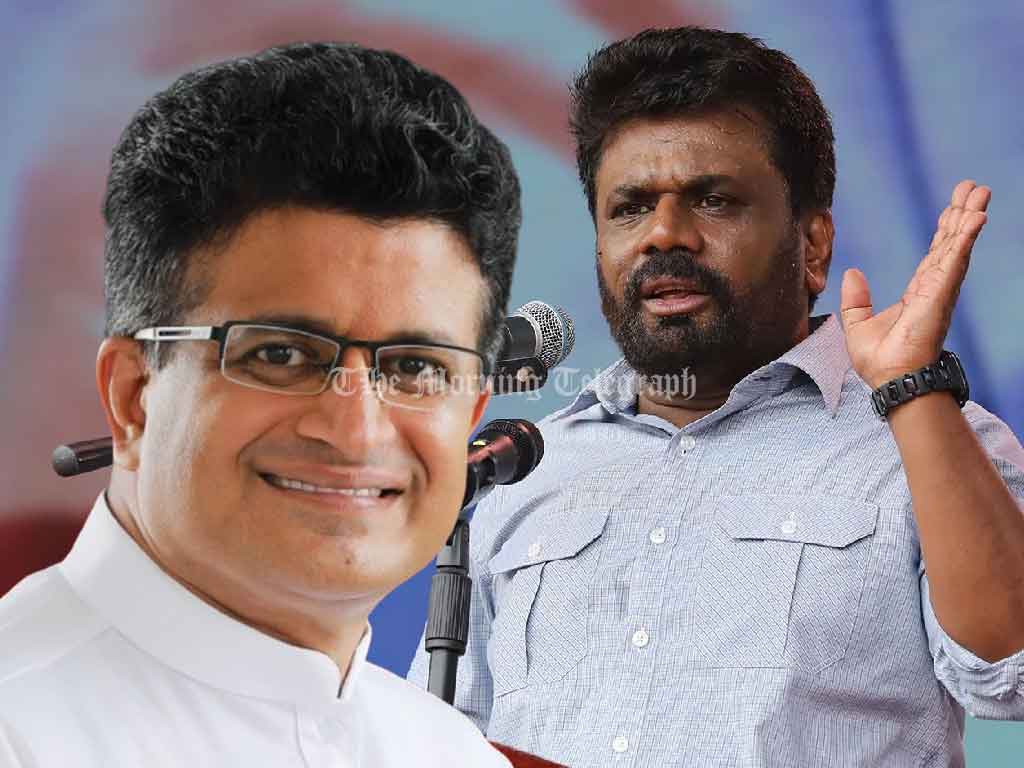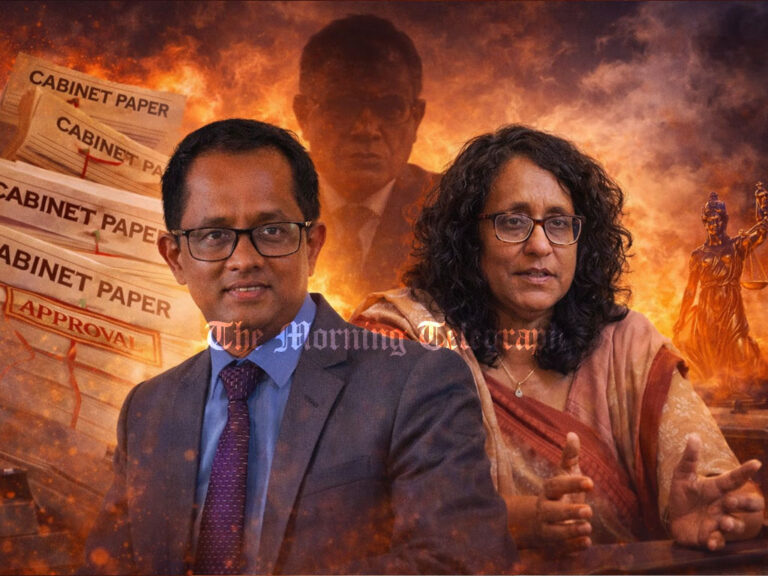
Udaya Gammanpila, leader of the Pivithuru Hela Urumaya and a lawyer, has made an earnest plea to the government to reconsider its plans to hold a by-election during the period of the Ordinary Level (O/L) examinations. Speaking at a media briefing at his party’s headquarters, Gammanpila warned that such a decision could adversely affect the future of students, creating unnecessary stress and challenges for both children and their families during a critical academic period. He emphasized that the government should prioritize the educational needs of students over political agendas, especially when the O/L examination is a life-changing milestone for many.
During his remarks, Gammanpila criticized the President’s recent statement suggesting that a by-election could take place before the Sinhala New Year. He argued that this claim demonstrates a lack of understanding of the legislative process and the timelines involved. Gammanpila detailed the sequence of events that would need to unfold for the election to be held, pointing out the significant delays inherent in the process. Although the Cabinet decided on December 3 to nullify the earlier nominations for the by-election, the government has yet to present the corresponding bill. Assuming the Cabinet approves the bill promptly, the decision would still need to be gazetted, a process that could take until December 31. Following this, the public must be given a two-week review period before it can be submitted to Parliament. This would push any parliamentary debates to late January, specifically January 21 when Parliament reconvenes. After the debates, the public has an additional two weeks to file legal objections, meaning that the bill could not be passed until early February.
Even if the bill is passed in Parliament by February 5, it would take another two days for the Speaker to formally ratify it, potentially making February 7 the earliest date for the law to take effect. Assuming the Election Commission immediately convenes on February 8, nominations could close between February 23 and 26. By law, elections must be held between five to seven weeks after the close of nominations, meaning the soonest possible election date would be April 2. Given the Provincial Administration Act’s recommendation to hold elections on a Saturday, the election would likely occur on April 5. This timeline aligns with the President’s claim of holding the by-election before the Sinhala New Year but raises significant concerns due to its overlap with the O/L examination period, which runs from March 15 to April 5.
Gammanpila highlighted the far-reaching consequences of scheduling an election during such a critical academic period. The election process inherently disrupts households, as nearly every family is connected to a candidate through relatives or friends. This can create a chaotic environment, affecting students’ focus and mental preparation. He noted that the stress and distractions caused by the election would jeopardize the performance of students in an examination that plays a pivotal role in shaping their future academic and career paths.
Reflecting on past mistakes, Gammanpila pointed to the government’s refusal to postpone an Advanced Level examination during a cyclone, despite widespread appeals from affected students. He described the hardships faced by students whose homes and study materials were destroyed, arguing that the government’s stubbornness at that time caused unnecessary suffering. Gammanpila urged the government to learn from that incident and avoid placing similar burdens on O/L students and their families.
As a solution, Gammanpila proposed adjusting the election timeline to avoid overlapping with the examination period. By delaying nominations until after April, the election could be scheduled for late May, ensuring that students can complete their examinations without disruption. This approach, he argued, would balance the need for democratic processes with the imperative of protecting the educational aspirations of the nation’s youth.
Gammanpila concluded his remarks by urging the government to adopt a more considerate approach, emphasizing that the welfare of students should take precedence over political calculations. He reiterated his call for a measured and thoughtful decision, underscoring the importance of education as a foundation for the country’s future.




